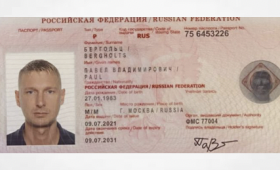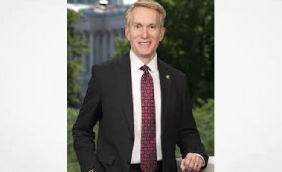This isn’t a cheery weekend read but this Talking Drugs Article brings home the reality that Saudi Arabia is one of the world’s most prolific executioners, with drug-related executions making up a significant proportion of these deaths even though implementing the death penalty for people convicted of non-violent drug offences is illegal under international law.
Talking Drugs write..
Authorities in Saudi Arabia executed three people for non-violent drug offences on the first day of 2019, highlighting the continuation of brutal drug policies under Crown Prince Mohammed bin Salman.
Two Egyptian nationals, Ataiwi Suleiman and Sobhi Ouda, were executed for smuggling cannabis, as well as illegal opiates and amphetamines, while Pakistani national Nizar Ahmad Qal Ahmad was executed for trafficking heroin. The legitimacy of their convictions is highly disputable due to the prevalence of corruption, and the known use of torture, among Saudi authorities.
Saudi Arabia’s approach to drugs is based on a strict interpretation of Sharia law, meaning that drug offences are considered to be a crime against God. The Ministry of the Interior cited verse 5:33 of the Quran as justification for the executions: “[those] who make war upon Allah and His messenger and strive after corruption in the land will be […] killed or crucified, or have their hands and feet on alternate sides cut off, or will be expelled out of the land”.
Saudi Arabia traditionally executes people by beheading, although the state occasionally kills prisoners via firing squad.
As a report by Harm Reduction International has shown, Saudi Arabia is one of the world’s most prolific executioners, with drug-related executions making up a significant proportion of these deaths. The report warns of the likelihood of abuse and corruption within the Saudi judicial system; “one of the main concerns remains the extraction of ‘confessions’ under torture, duress or coercion, which are often the sole evidence used in death penalty cases”.
All executions in Saudi Arabia require approval by a royal order. According to research by non-profit Reprieve, executions in the authoritarian kingdom have doubled under the rule of Crown Prince Mohammed bin Salman – who assumed power in June 2017. In the first two months of 2018 alone, 33 executions took place, of which 52 per cent were reportedly for drug smuggling.
Unlike the wider population, powerful members of the country’s royal House of Saud family rarely face legal consequences for their involvement with drugs. As Foreign Policy magazine has reported, many evade conviction or sentencing – even for drug offences committed overseas. Notably, Mohammed bin Salman’s predecessor – Mohammed bin Nayef – was removed from his post due to his “addiction” to painkiller drugs, a source told Reuters, but faced no legal consequences.
Implementing the death penalty for people convicted of non-violent drug offences is illegal under international law. Nonetheless, such executions are likely to continue in the kingdom unabated – not least due to the lack of foreign sanctions or criticism faced by the oil-rich country for its crimes.
https://www.talkingdrugs.org/saudi-arabia-begins-2019-with-three-executions-for-drug-offences















